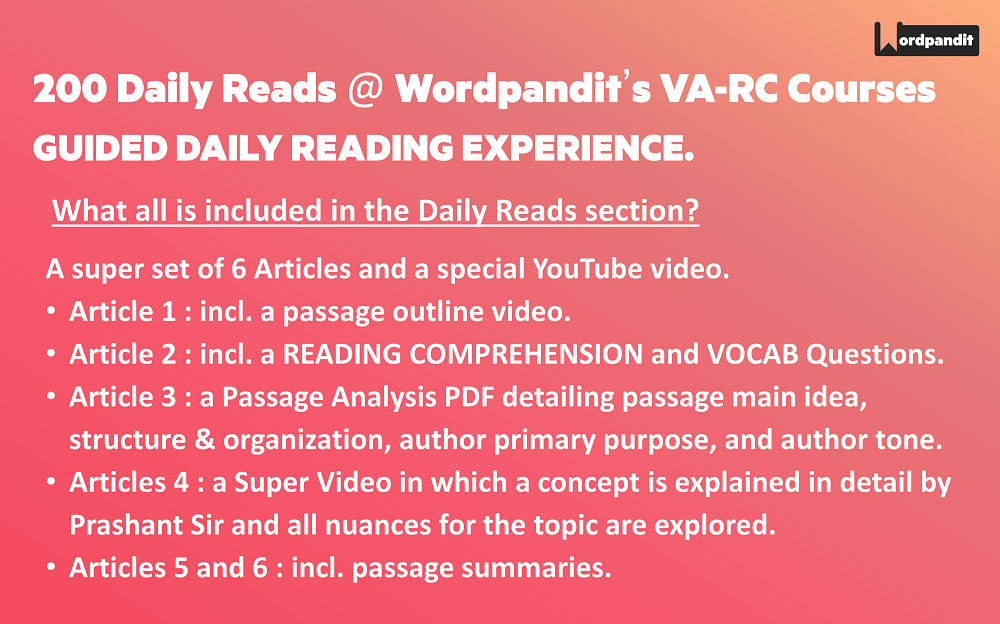Article Title: There Are Two Types of Airport People
Article Summary
The article answers the question: Can the study of the past really help us to understand the present? It starts with what philosopher R.G Collingwood mentioned in an essay. He said that through their familiarity with people, places and ideas, historians are often equipped to see how a situation might turn out – or at least identify the key considerations that determine matters. The author further justifies this. It is mentioned that their grasp of human behaviour, long-term economic or cultural processes and the complexities of the socio-political order of a given region of the world shows how important historians can be.
The flip side this has also been covered. The article mentions that historians are not seers; their analogies may be misplaced and their assessments can be wrong. Yet the idea of history constituting a valuable guide for present and future action was an established part of western culture. But in recent times ‘applicability’ in history has been questioned because no two situations are exactly the same, attempting to draw parallels between events risks distortion. Despite this, the article makes a case for applied History as it mentions that history teaches us to look past the temporary and search out the underlying, long-term dynamics of problems.
The last part of the article highlights that the most accessible tool offered by history is that of the enlightening analogy. Through their expertise, historians are able to make helpful inferences, probe and challenge assumptions and take a problem apart. That is because they are accustomed to studying the full complexity of organised and interactive human behaviour. Finally it is concluded that History is fascinating in itself, but what makes it so stimulating is that it offers deeper insights into the human condition that are of enduring value. The past is not a foolproof guide to the present or the future – it is simply the only guide we have.
Article Link: Click here to read the full article
Words to learn from this Article:
Musing: Thinking
Expansive: covering a wide area in terms of space or scope; extensive.
Mainspring: the main agent of motivation.
Seer: a person who prophesies future events; prophet.
Repository: a place where things are or may be stored.
Ephemeral: lasting for a very short time.
Cauldron: a situation characterized by instability and strong emotions.
Precedent: an earlier event or action that is regarded as an example or guide to be considered in subsequent similar circumstances.
Anomaly: Deviation from a norm
Scepticism: doubt as to the truth of something.
Want more Daily Reads? Explore here:















